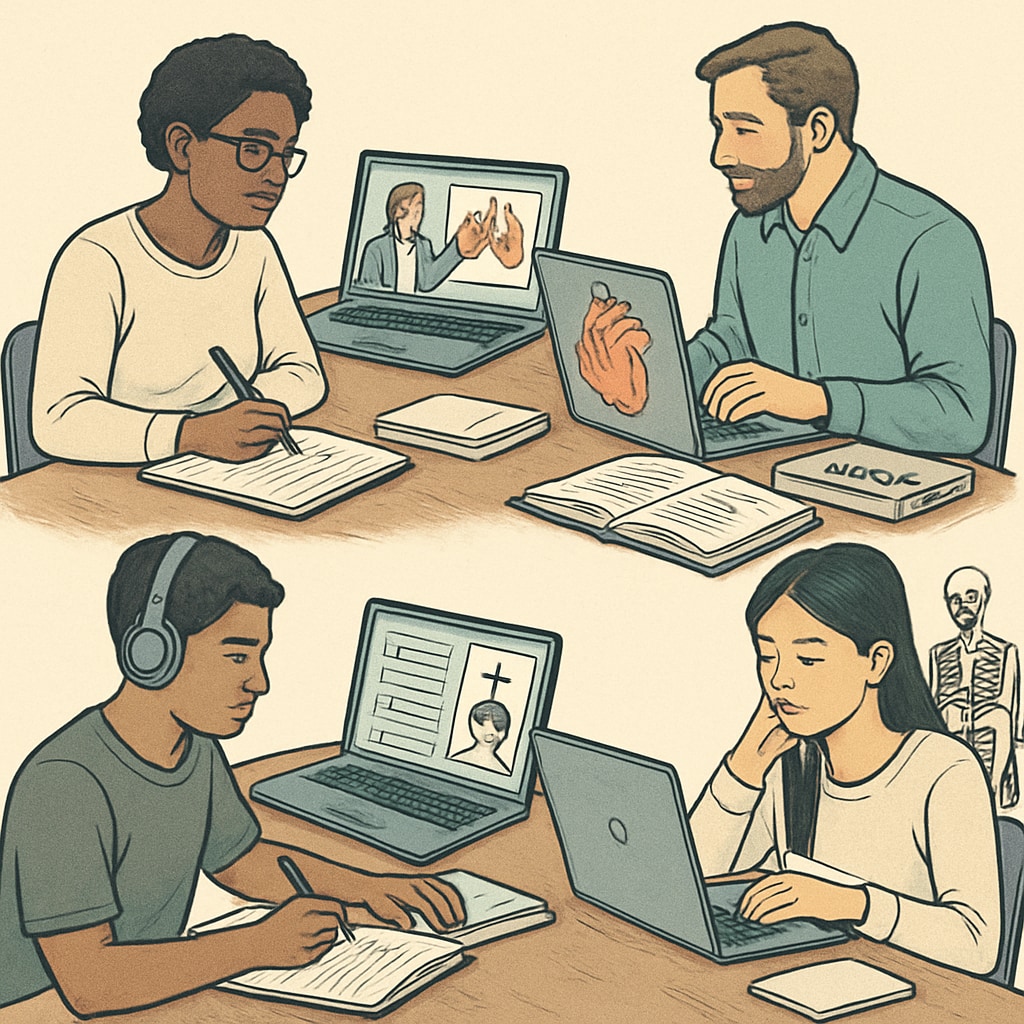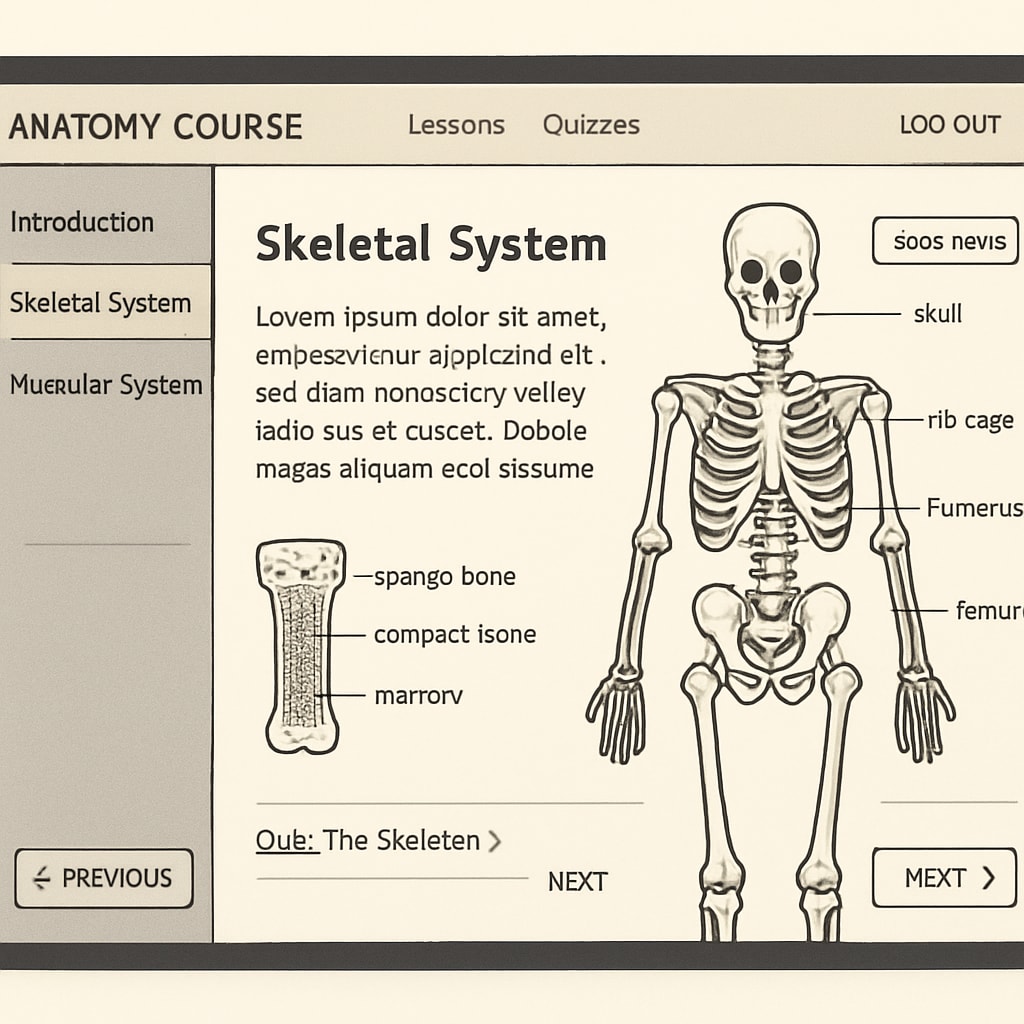With the rise of health awareness in today’s society, many individuals without a medical background are eager to gain deeper insights into medicine. However, bridging the gap between foundational knowledge and professional expertise can be challenging. Fortunately, advancements in online learning platforms and educational tools have made medical education more accessible. This article explores tailored medical education resources for non-medical backgrounds and provides guidance on effective learning pathways.
Why Non-Medical Individuals Pursue Medical Knowledge
Medicine is no longer a field confined to doctors and healthcare professionals. With growing public interest in health and wellness, individuals from various industries—such as fitness, technology, and education—are exploring medical topics. Reasons for this trend include:
- Personal Health Management: Understanding medical concepts empowers individuals to make informed decisions about their health.
- Professional Development: Professionals in adjacent fields, such as software developers creating health apps, benefit from a basic understanding of medical principles.
- Curiosity and Lifelong Learning: Many learners are simply curious about the human body or wish to understand medical breakthroughs.
However, the road to acquiring this knowledge can be daunting without a structured approach.

Barriers to Learning Medicine Without a Medical Background
Despite the desire to learn, non-medical learners often encounter several obstacles:
- Complex Terminology: Medical language is dense and often inaccessible to beginners.
- Resource Overload: The internet offers a wealth of information, but distinguishing credible resources from unreliable ones can be difficult.
- Lack of Structured Learning: Many resources assume prior knowledge, leaving beginners without a clear starting point.
Addressing these barriers requires a focus on user-friendly, accessible educational tools tailored specifically to non-medical audiences.
Top Resources for Medical Education Tailored to Non-Medical Learners
Fortunately, numerous resources have emerged to address the unique needs of non-medical learners. Below are some of the best tools and platforms:
- Online Courses: Platforms like Coursera and edX offer beginner-friendly courses on topics such as anatomy, physiology, and public health.
- Medical Podcasts: Podcasts like “The Curbsiders” or “Bedside Rounds” break down complex topics into engaging and easy-to-understand formats.
- Interactive Apps: Applications like Complete Anatomy or VisualDx provide visual and interactive ways to explore medical concepts.
- Books for Beginners: Titles such as “Being Mortal” by Atul Gawande or “The Human Body: A Beginner’s Guide” provide foundational knowledge in an accessible format.
By leveraging these resources, non-medical learners can create a tailored educational journey that aligns with their goals and interests.

Tips for Effective Learning Without a Medical Background
To maximize the benefits of these resources, non-medical learners should keep the following strategies in mind:
- Start with the Basics: Build a strong foundation by focusing on introductory topics such as human anatomy and common medical terminology.
- Use Trusted Resources: Stick to reputable platforms and verified content to ensure accuracy.
- Set Clear Goals: Define what you want to achieve—whether it’s understanding a specific condition or gaining a broad overview of healthcare.
- Engage with Visual Tools: Visual aids like diagrams and 3D models can simplify complex concepts.
- Join Communities: Online forums and discussion groups can provide support and additional insights.
By following these tips, learners can navigate the world of medical education with confidence and clarity.
The Future of Accessible Medical Education
As technology continues to evolve, the boundaries of traditional medical education are expanding. Innovations such as artificial intelligence (AI) and virtual reality (VR) are creating immersive learning experiences, while initiatives aimed at health literacy are bridging knowledge gaps. For non-medical learners, this means even greater access to high-quality resources in the years to come.
In conclusion, medical education is no longer exclusive to professionals. With the right tools and strategies, anyone can deepen their understanding of health and medicine. As a result, non-medical learners can empower themselves and contribute to a more health-conscious society.
Readability guidance: This article uses short paragraphs, clear transitions, and lists to improve readability. It ensures a balance of technical terms and accessible language, making it suitable for a wide audience.


